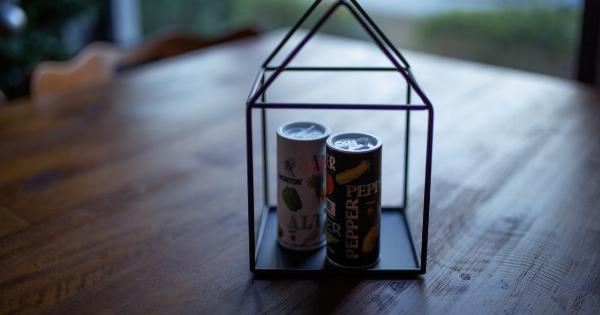Caffeine is a widely consumed substance found in various beverages and food items, with coffee being one of the primary sources.
Many women wonder about the safe amount of coffee they can consume during pregnancy, as caffeine intake has been associated with potential risks. In this article, we will explore the effects of caffeine on pregnancy and discuss the recommended limits for coffee consumption for expectant mothers.
Understanding caffeine’s impact on pregnancy
During pregnancy, your body goes through numerous changes, including an increased metabolic rate. Caffeine, being a stimulant, can cross the placenta and affect the unborn baby.
It takes the body longer to process and eliminate caffeine during pregnancy, leading to its potential accumulation and prolonged effects on both the mother and the fetus.
Research suggests that excessive caffeine intake during pregnancy may result in an increased risk of miscarriage, preterm birth, low birth weight, developmental delays, and even pregnancy complications.
It is, therefore, crucial to moderate caffeine consumption during this important phase of life.
Recommended caffeine limits during pregnancy
The general recommendation by healthcare professionals is to limit caffeine consumption during pregnancy.
The American College of Obstetricians and Gynecologists (ACOG) suggests that pregnant women should not exceed a daily caffeine intake of 200 milligrams.
To put that into perspective, the amount of caffeine in various servings of popular coffee beverages typically varies:.
- A standard cup of brewed coffee (8 ounces) contains approximately 95 milligrams of caffeine.
- An espresso shot (1 ounce) contains about 63 milligrams of caffeine.
- A cup of decaffeinated coffee (8 ounces) usually contains around 2–5 milligrams of caffeine.
- A standard cup of instant coffee (8 ounces) contains approximately 62 milligrams of caffeine.
It is worth noting that the caffeine content in coffee can vary depending on factors such as the brewing time, brewing method, and the type of coffee beans used.
It is crucial to be mindful of these variations while monitoring your caffeine intake during pregnancy.
Factors to consider when determining your caffeine intake
Several factors can influence the effect of caffeine on pregnancy and how it interacts with your body:.
- Individual tolerance: Every woman’s body reacts differently to caffeine. Some may be more sensitive to its effects, while others may metabolize it more efficiently.
- Other dietary sources: Apart from coffee, caffeine can also be found in tea, chocolate, certain carbonated beverages, and even some medications. It is important to consider these additional sources when determining your overall caffeine intake.
- Preexisting conditions: Certain medical conditions or medications may interact with caffeine and amplify its effects. If you have any concerns, it is advisable to consult your healthcare provider.
- Overall lifestyle: If you generally consume other caffeinated beverages or energy drinks, it is essential to account for their caffeine content alongside your coffee intake.
Alternatives to regular coffee during pregnancy
If you are concerned about your caffeine intake during pregnancy but still crave the taste of coffee, there are several alternatives you can explore:.
- Decaffeinated coffee: Opting for decaf coffee can significantly reduce your caffeine intake while still allowing you to enjoy the flavor and aroma of your favorite brew.
- Herbal teas: A wide variety of herbal teas can be a great substitute for coffee. Just ensure that the herbal tea you choose is safe for pregnancy and does not have any potential side effects.
- Hot chocolate: Indulging in a cup of hot chocolate can provide a comforting and caffeine-free alternative to coffee.
- Water and fruit-infused drinks: Staying hydrated is always essential during pregnancy. Water infused with fruits like lemon, cucumber, or berries can offer a refreshing and healthy beverage option.
Remember, moderation and being aware of caffeine content are key when making choices about your beverage consumption during pregnancy.
Conclusion
While a cup of coffee can provide a much-needed energy boost, it is crucial to be mindful of your caffeine intake when you are pregnant. Stick to the recommended limits of no more than 200 milligrams of caffeine per day.
Remember that caffeine can be found in various sources besides coffee, so consider the overall amount from your entire diet. If you have any concerns or questions, consulting with your healthcare provider can provide you with personalized guidance based on your specific circumstances.


























